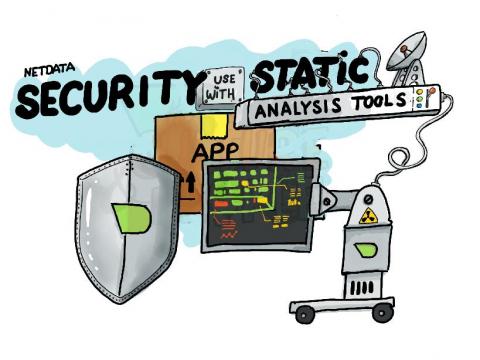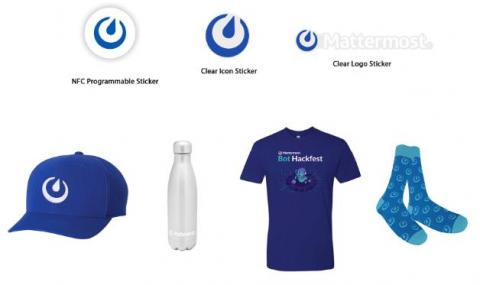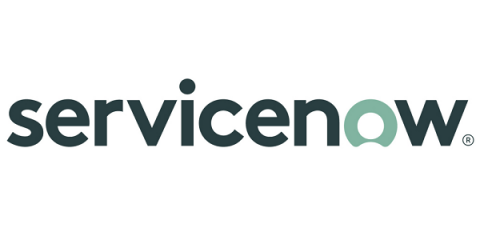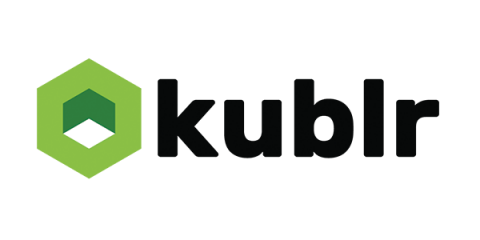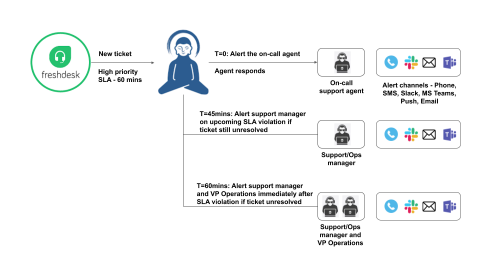The role of shift-left testing in an agile environment
With the rapid growth of security threats to infrastructure, it’s more important than ever to proactively address vulnerabilities. As an open-source project, built on the trust of users and contributors, Netdata has security concerns at its core. Because we’re committed to code security and quality, we apply Agile principles throughout the software development process. A component of this includes regular static analysis.


